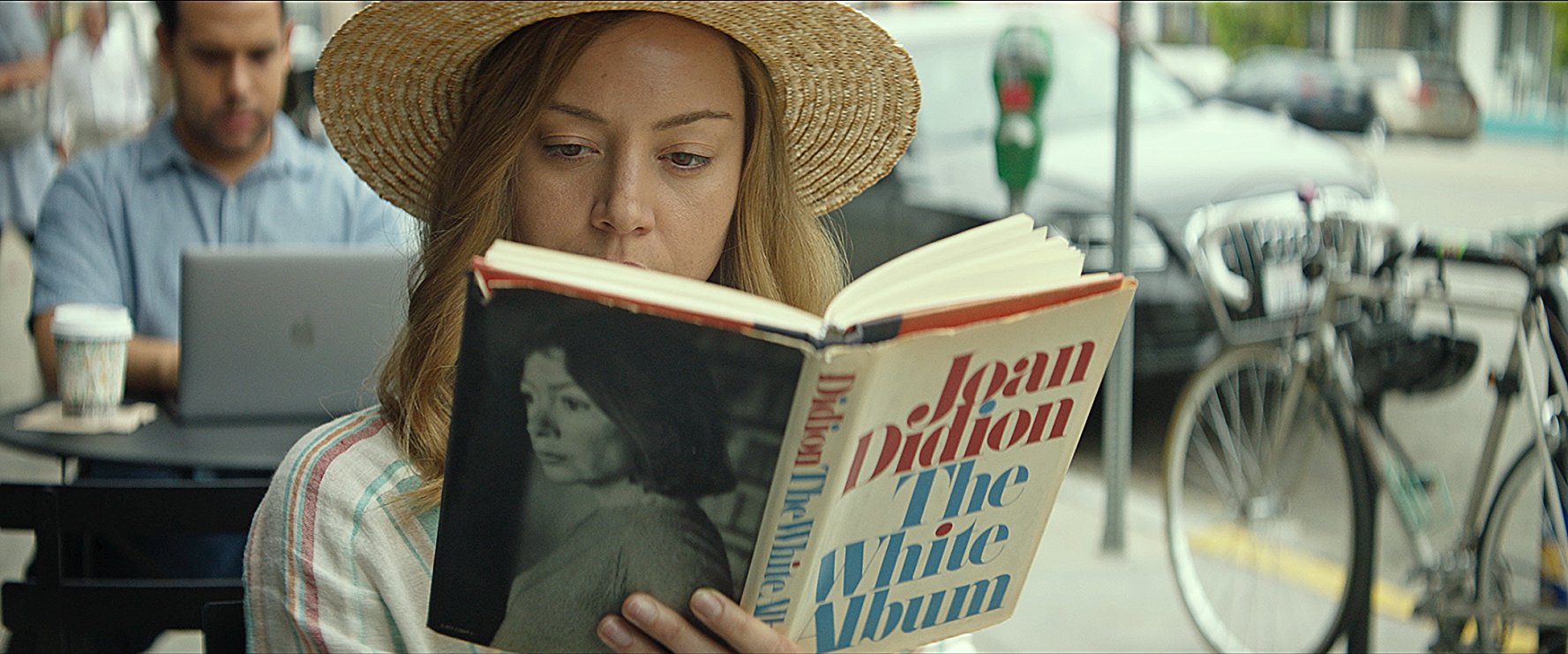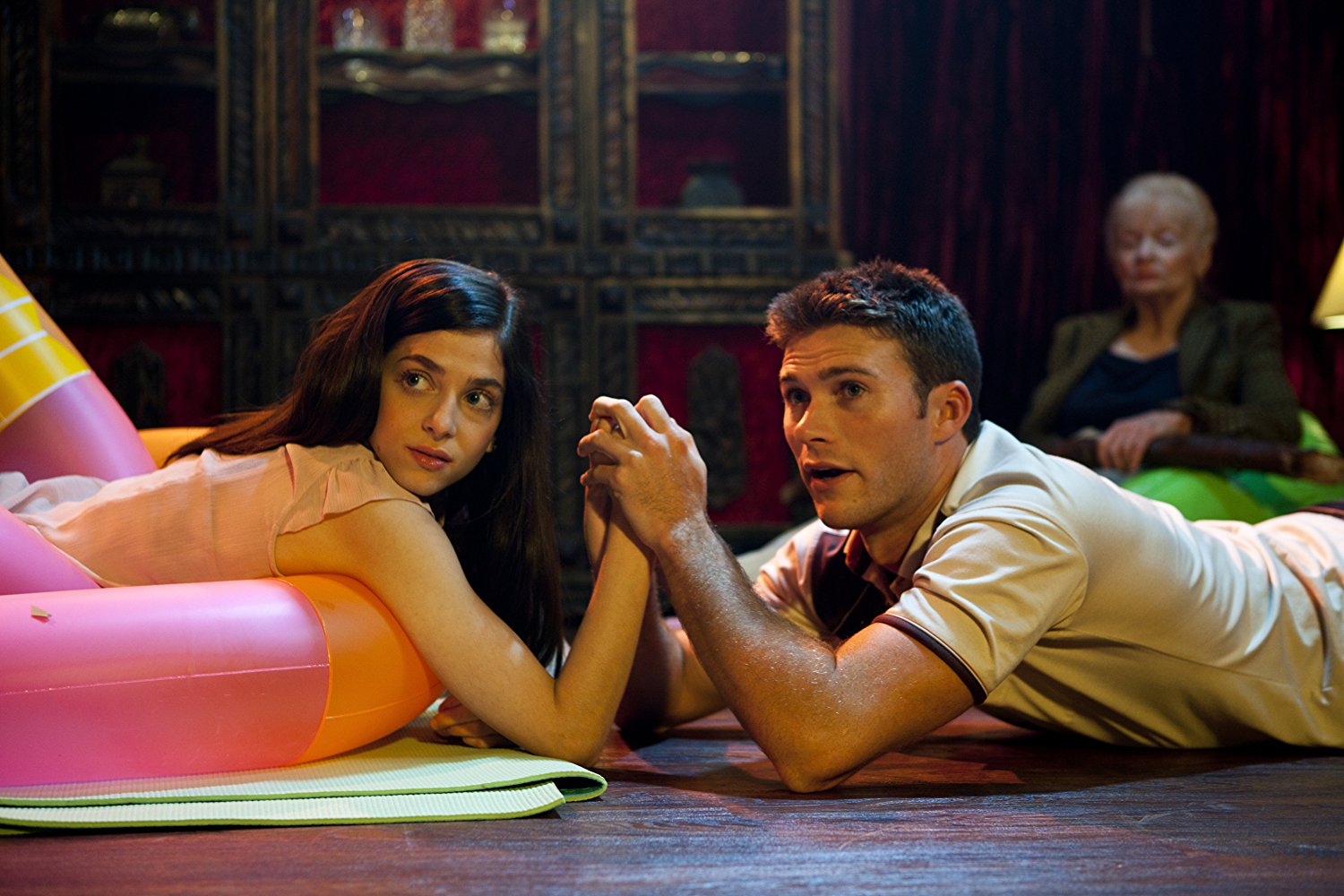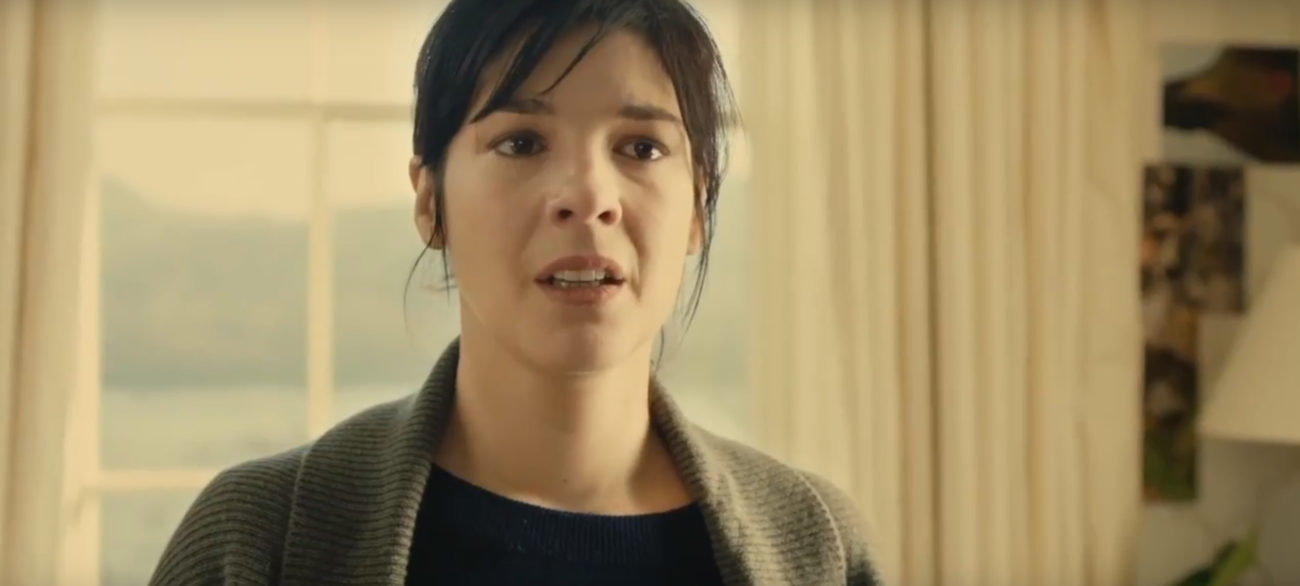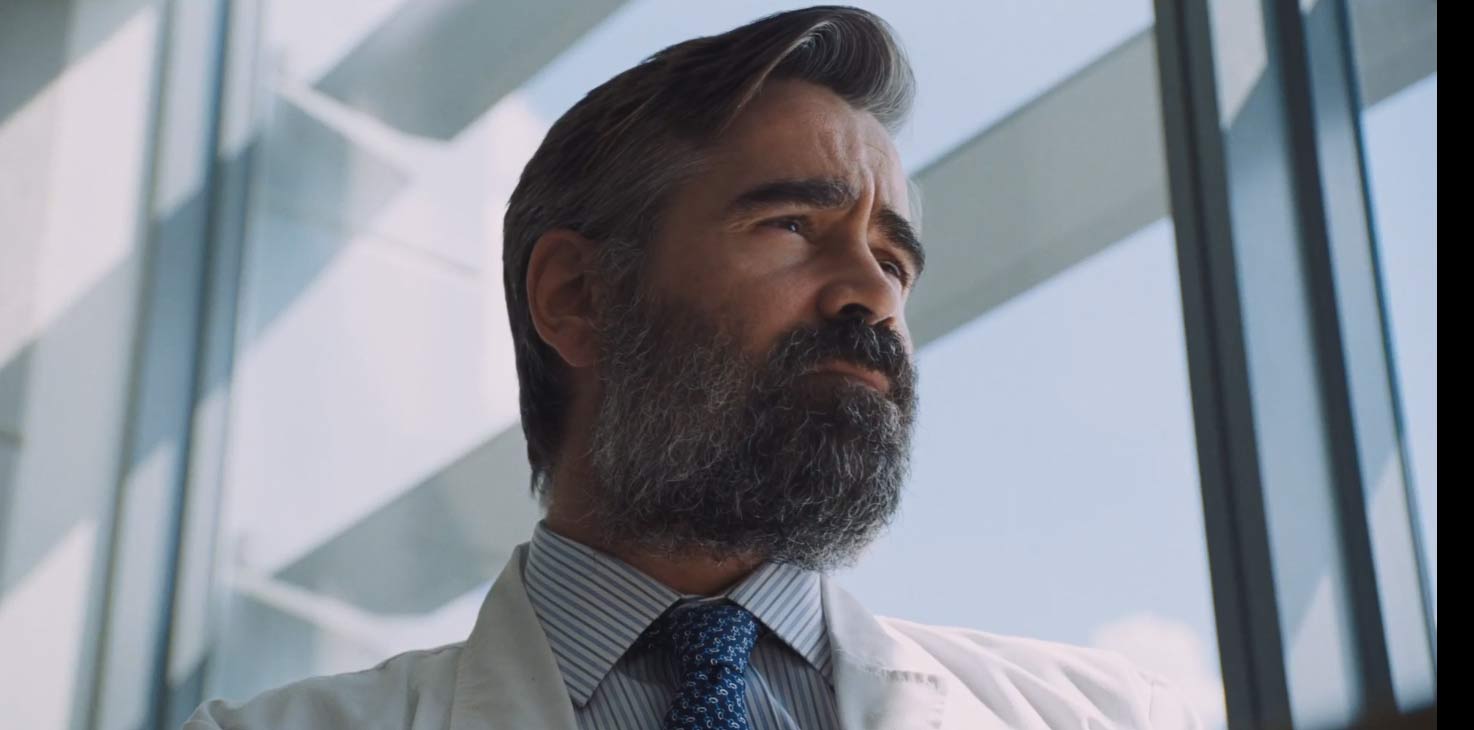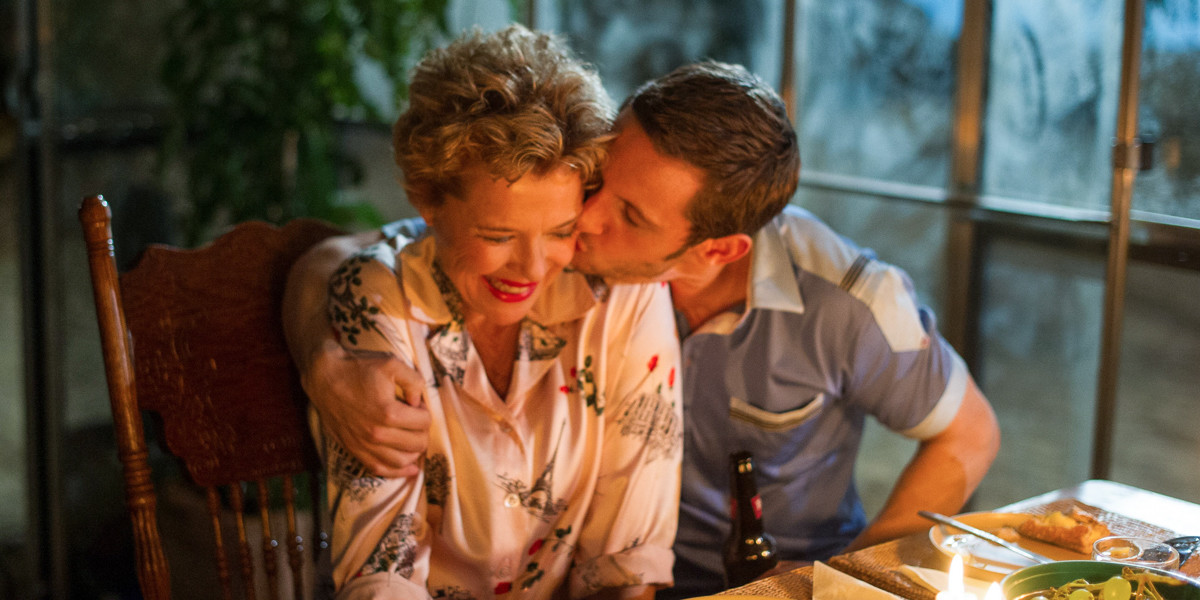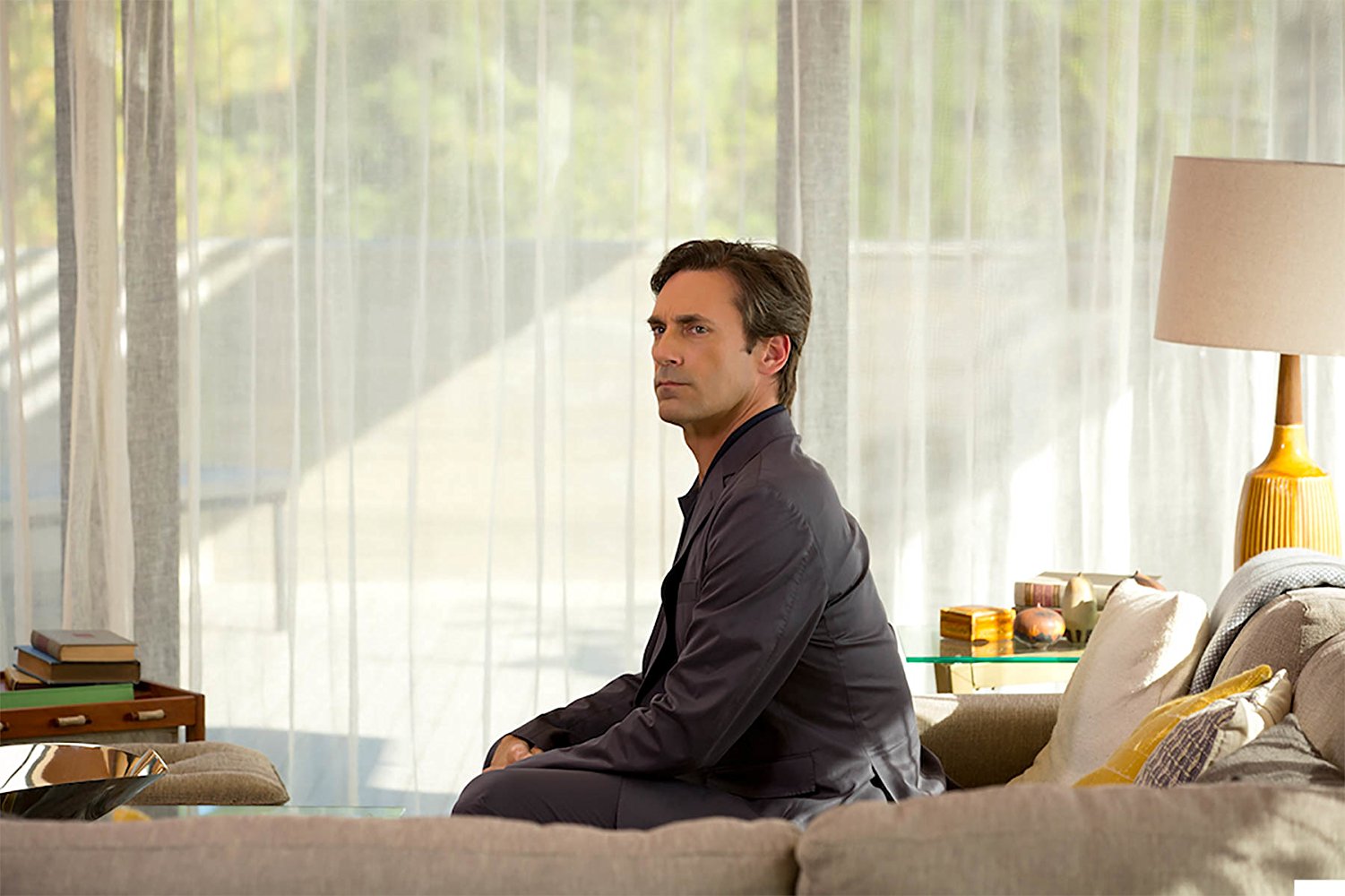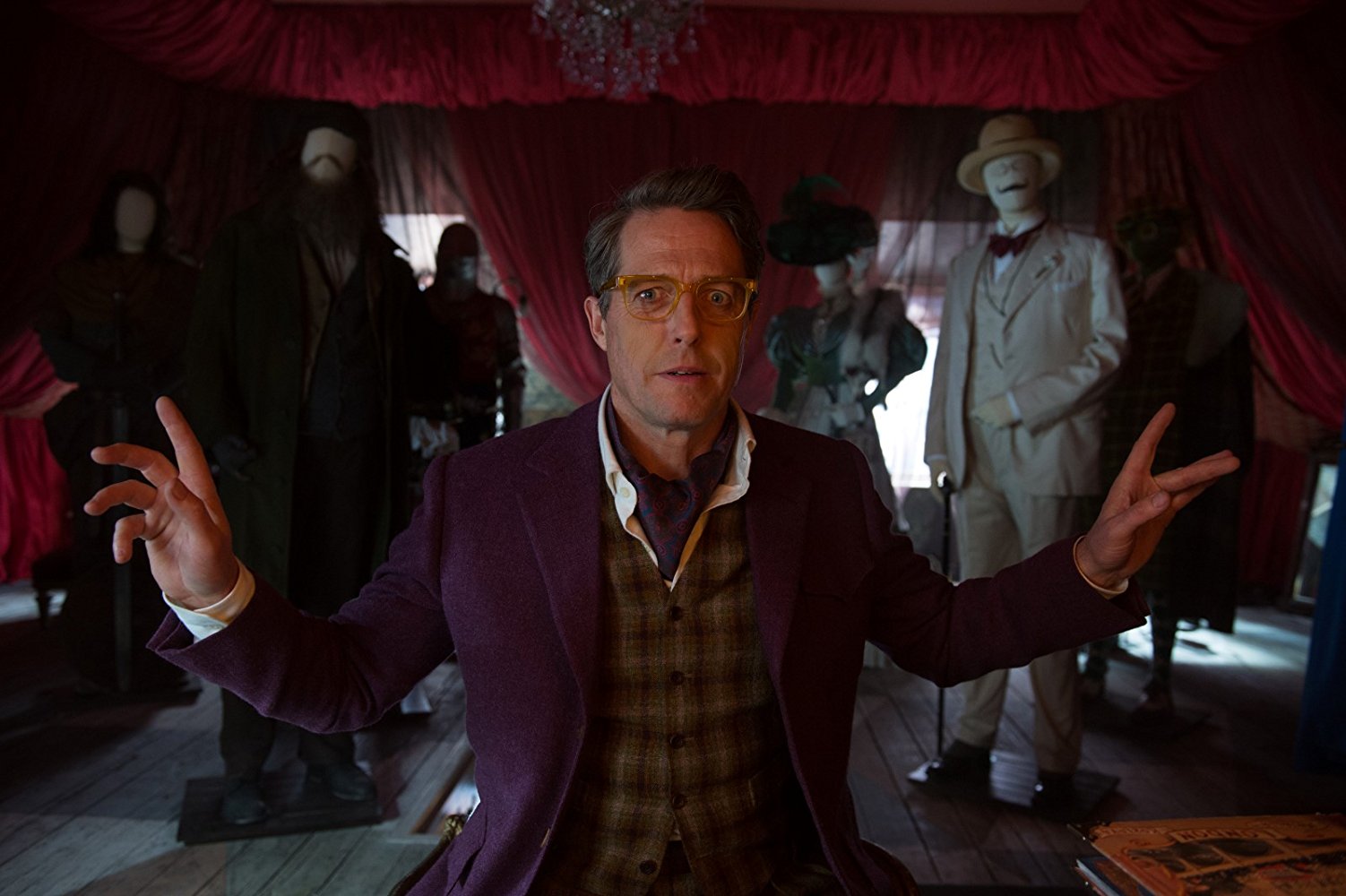Directed by new comer Matt Spicer, Ingrid Goes West is perhaps one of the most knowing film of its genre. This brilliantly put together and genuinely engaging dark comedy knows more about its subject than the average Hollywood blockbuster around, and does a fantastic job in reconciling some of us with the world of social media in the most honest way possible. Spicer and co-writer David Branson Smith offer an…
Read MoreFilm Review: Walk of Fame review
Some films are trashy, but fun. You know the ones I mean, your friend would put them on and they would be about stupid people doing stupid things and eventually fall for one another and so on. We all know that plenty of those movies are great, not just a guilty pleasure, but an actual pleasure. I can absolutely assure you that Walk of Fame is not one of those…
Read MoreThe Unseen: Screenwords Meets Jasmine Hyde
Jasmine Hyde talks to Screenwords about her experience of working on the small intimate production of psychological thriller The Unseen, what it was like to come across a script with a strong female lead, and about her time as a satanic nun filming Neil Gaiman’s Good Omens. What initially drew you to the role? JH: I read the script about 18 months ago when the director, Gary, who I’d previously…
Read MoreInterview: John Shackleton
As social media horror feature PANIC BUTTON gets a remastered DVD & Download release, writer and producer John Shackleton reflects on the film’s inspirational journey.
Read MoreFilm Review: The Killing of a Sacred Deer
Film can be such a literal medium at times that the more subtler forms of the fantastic – those stories that do not rely on overwrought special effects – can divide viewers. This was the case with Yorgo Lanthimos last film, The Lobster, set in a dystopian spa for lonely hearts, which blended black comedy, fable and Bunuel-like surrealism. The film took audiences and critics into a world that looked…
Read MoreFilm Review: Film Stars Don’t Die in Liverpool
Time waits for no one and for an actress in Hollywood this adage has a cruel pathos. At the peak of her fame in the 40s and 50s, Gloria Grahame was the quintessential “femme fatale” in films like The Big Heat, In A Lonely Place and The Bad and Beautiful, for which she won an Oscar for Best Supporting Actress. Married four times and considered too old and unpredictable by…
Read MoreFilm Review: Marjorie Prime
Adapted by Michael Almereyda from Jordan Harrison’s 2014 play, Marjorie Prime is a gently haunting and deeply affecting tale which deals with themes relating to what separates human beings from artificial intelligence and whether holding on to someone’s memories, even after their death, is an essential part of who we are. Set in a near-future, the film offers a thought-provoking look at humanity’s acceptance of AI despite all the obvious…
Read MoreFilm Review: The Unseen
A boy dies in an awful, nightmarish accident – likely caused by his mother, Gemma (Jasmine Hyde); his parents struggle with the aftermath, each in their own way. The father, Will (Richard Flood) mourns openly, while Gemma becomes almost blank, and overly pragmatic. She hastens to move on, but suddenly develops a disconcerting condition: at times of heightened emotion, her vision blurs and she becomes temporarily blind. A stranger, Paul…
Read MoreFilm Review: Paddington 2
The good feeling and box office success generated by the first Paddington film, released in 2014, will likely continue thanks to Paul King’s return to the director’s chair. King co-writes the script with actor/comedian, Simon Farnaby, who he worked with on The Mighty Boosh TV series and his indie debut, Bunny and The Bull. Together, King and Farnaby maintain the balance between visual invention and comic dialogue that made the…
Read MoreFilm Review: Murder On The Orient Express
Setting a movie on a train is a brave move – films in claustrophobic settings are hard work for a screenwriter. Often claustrophobia works because of the focus on the dynamics of a small group, but Murder On The Orient Express does not have this option either, as Michael Green has elected to include everybody from a complex book. Director Kenneth Branagh made it clear from the outset that he…
Read More